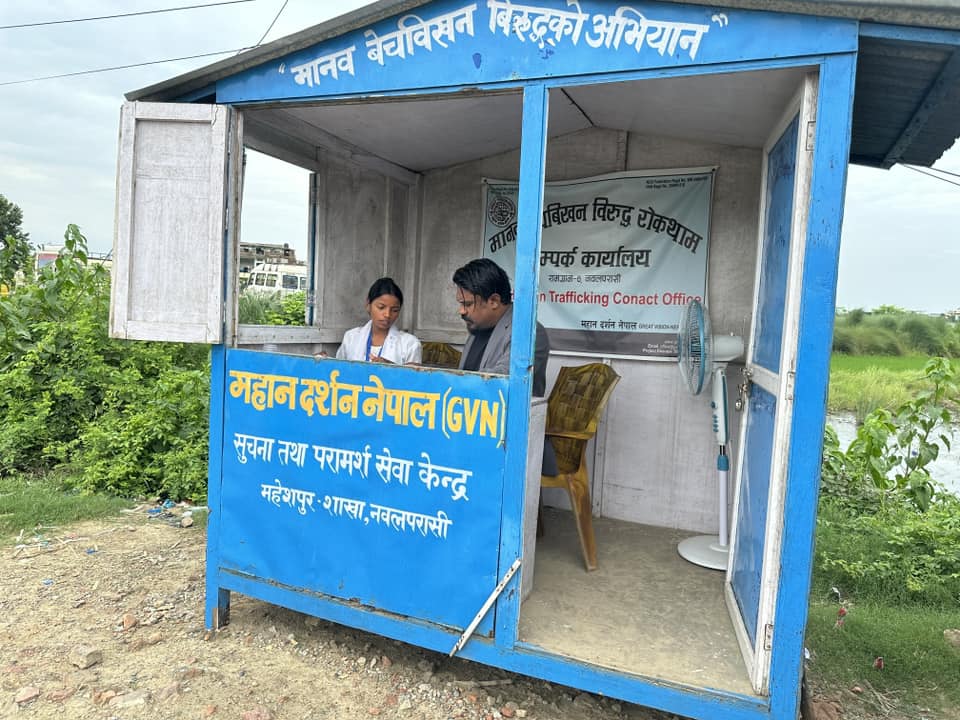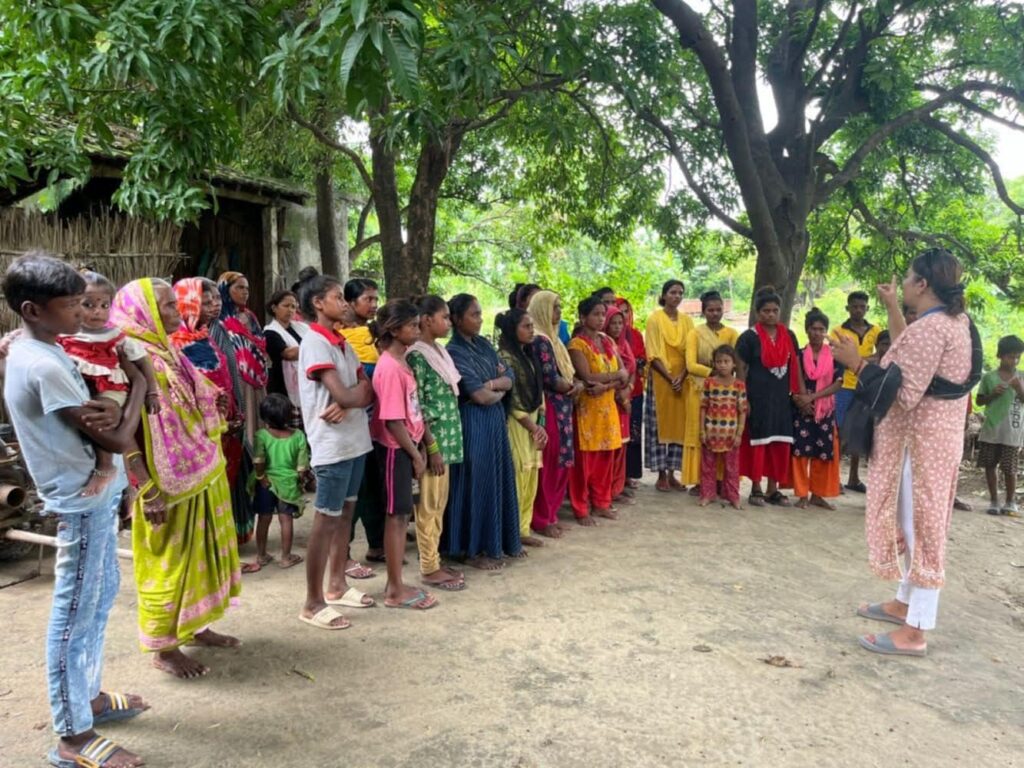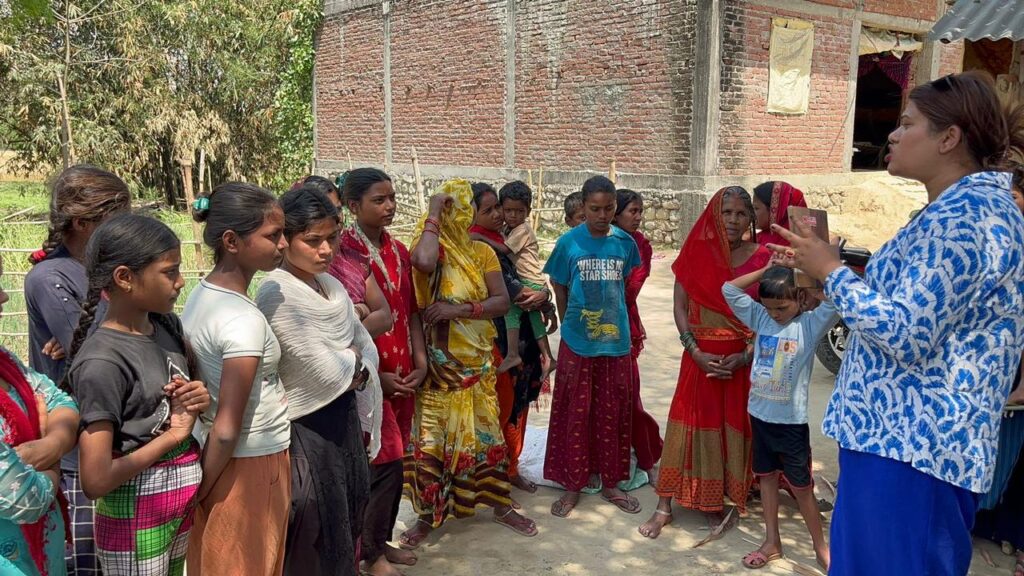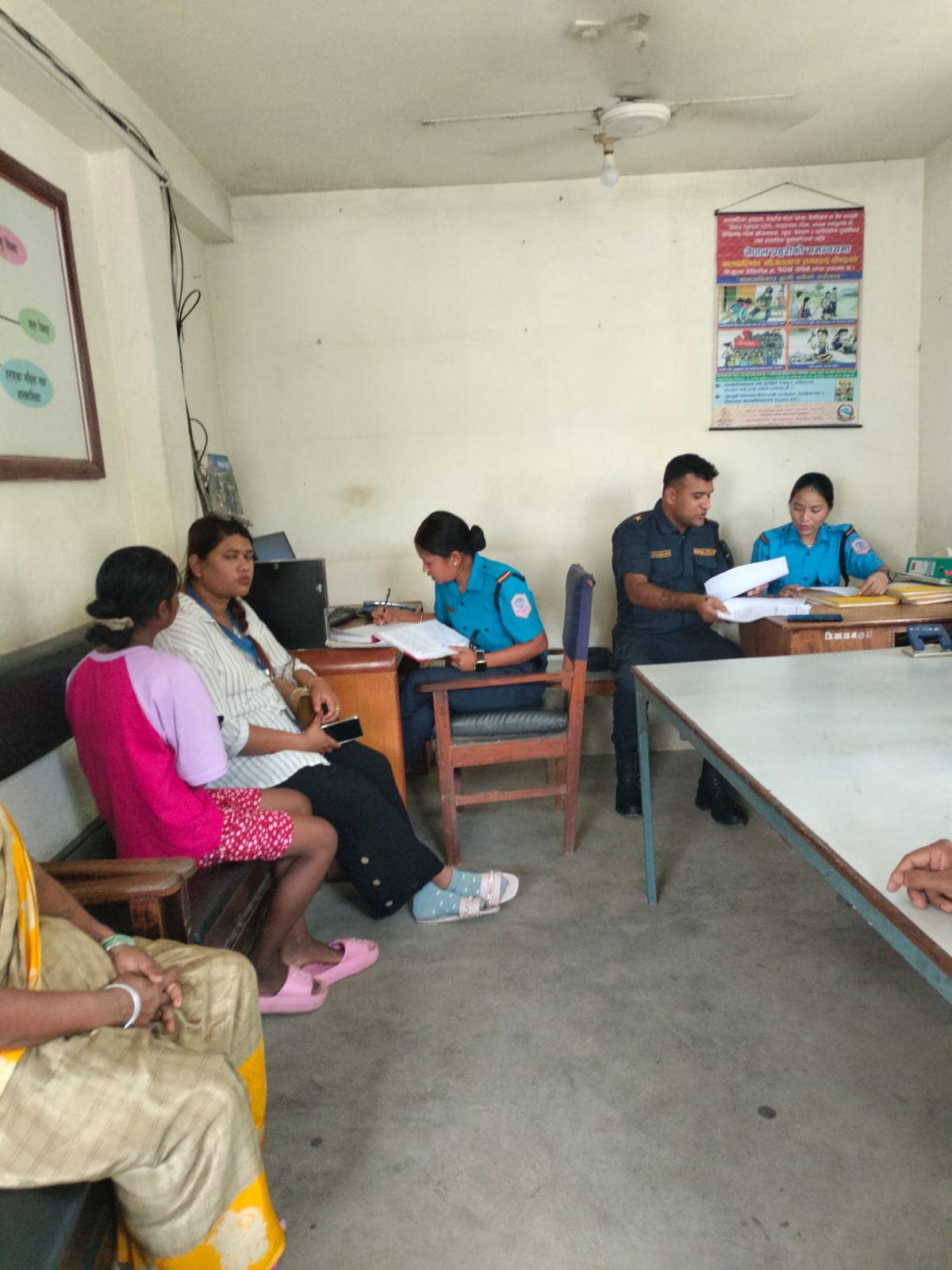Human Trafficking in Nepal
Every year, a criminal network coerces approximately 30,000 girls aged 12 to 18 into the sex industry in Nepal and India. Nepal serves as a transit country due to its open border with India, where individuals from any nation can obtain a visa upon arrival. Traffickers often visit mountain villages, persuading parents that their daughters’ lives will improve if they provide them with money. At times, young women are abducted from these villages. These females experience collective abuse and rape in places like Kathmandu or other major cities within the country. If a girl refuses to comply, she faces assault or threats to her life. These girls are subsequently transferred between different brothels, while traders establish connections with buyers from various nations, facilitating the sale of a girl for sums ranging from $1,000 to $2,000 each. Subsequently, these girls are forced to cross borders after being sold.
Our Endeavor to stop Trafficking in Nepal

Border Surveillance
We maintain a booth at the Mahespur border in Nawalparasi district, staffed by three full-time border counselors. Their responsibilities include regularly checking every long-route bus heading to India, ensuring no one is trafficked across the border. Every month, over 1,000 girls are checked, day and night.

Emergency Call Center
In the Balaju neighborhood of Kathmandu, we run an emergency call center with three full-time employees. Our team not only handles incoming calls but also actively reaches out to hotels, dance bars, massage centers, and red-light districts to rescue victims of human trafficking.

Awareness in Communities
Among the many factors contributing to the growth of human trafficking, some key issues include a lack of awareness about traffickers, illiteracy, poverty, lack of skills, and unemployment. To address this, three days a week, our team visits high-risk villages to educate communities on how to identify and protect themselves from traffickers. We also provide our contact numbers for emergency situations.


Prosecution to Traffickers
We take legal action against traffickers and provide a “Safe Home” for the rescued victims. In the Safe Home, victims receive comprehensive care, focusing on their physical, mental, and spiritual recovery. Additionally, they are trained in income-generating skills, empowering them to become self-sufficient and reintegrate into their communities as skilled workers.
Establishing Victims in their communities
We help victims reintegrate into their communities as “CLEAN” and skilled workers by supporting them in starting micro businesses. By providing essential tools like sewing machines and other necessary equipment, we empower them to build a sustainable livelihood, transforming their lives permanently.